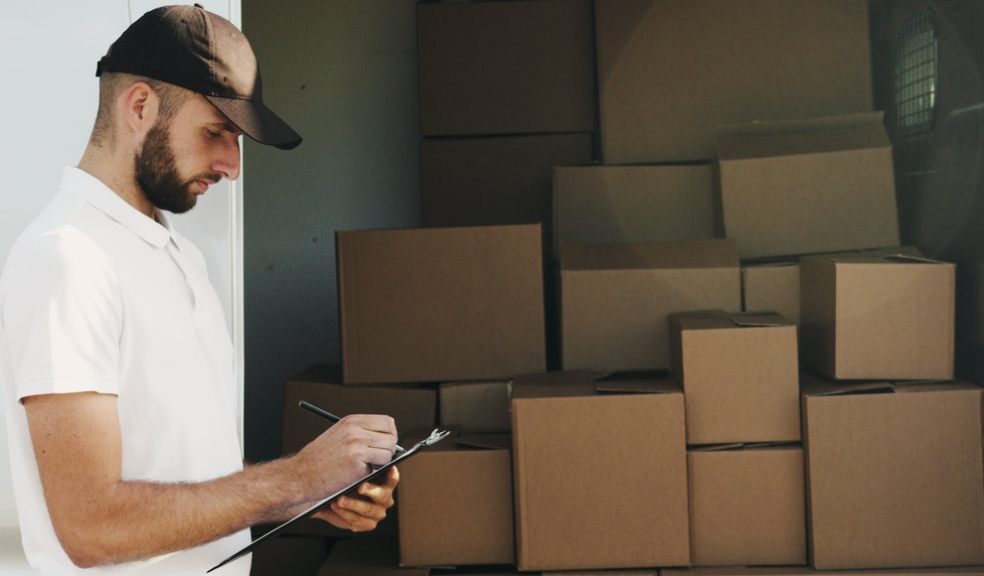
Tips to Keep in Mind When Sourcing Products from China
China is rapidly becoming a manufacturing superpower, generating a significant part of the world's consumer goods. For numerous businesses, China's commerce has tried a no-fail world sourcing strategy. As a buyer and reseller, this is a fantastic opportunity.
However, it is not an easy undertaking, especially for newcomers. The method of commerce can be extremely intricate, perplexing, and costly. Long transit times, rising or fluctuating delivery charges, restrictive taxes, and unexpected delays will frequently wipe out expected gains.
Importers will conduct their sourcing from China; however, keep in mind the scope of the task. If you're brave enough to go it alone, you'll probably want to order products straight from the supplier. If that's the case, don't forget to spend time finding the ideal supplier, start small and work your way up, and focus on getting quality right from the start. Lots of work, isn’t it?
If you’re unsure whether you'll be able to handle everything from afar, you should consider hiring a sourcing agent. Not only the entire sourcing agency staff acts on your behalf (relieving you of stress by acting as your proxy in China), but they also add value to the position. They speed up your purchasing process and assist you in reducing the percentage of defective items you receive from suppliers. You can contact the best sourcing agency by visiting maplesourcing.com
If you still want to order products from China all by yourself, directly from the supplier, here is a small guide that can help you from the beginning –
Know All the Rules and Regulations before Importing
When importing a specific product, you must first research the rules that must be followed. The number of rules you need depends on the type of goods you're selling. This is always required for any import, but in the case of China, you'll want to be especially specific. This is due to many Chinese vendors who do not produce products that comply with such regulations. In other industries, just about 5% of Chinese export suppliers adhere to the same old requirements and regulations.
Toys and other products for children, automobile and their components, food and food containers, electronic products and components, lighting, textiles, footwear, chemicals, cosmetic and construction materials, and all types of packaging, in general, are among the products that are particularly sensitive and subject to greater regulations.
Certain items may be subject to restrictions in the nation for your exported goods, therefore it's important to know what they are. China has its own set of rules, such as prohibiting the export of fake designer clothing and handbags, as well as animal by-products. To avoid any legal complications, become familiar with the import/export rules of both China and your nation.
Choose a Reputable Supplier In China
When you order products from China, you must recognize that the importer is solely responsible for the product that they’re importing. Any non-compliance with laws and certifications will result in serious legal troubles for the importer if he or she is charged because of the goods injuring a customer.
If your supplier is untrustworthy and issues a false or erroneous certification, your shipment may be detained at customs. It's worth noting that this happens quite frequently in China. It will, at least, cause supply issues and increased costs (due to storage and delays), and port authorities may decide to retain the products and prevent their entry into the country entirely.
In this regard, it is critical not to believe just any provider who assures you that he or she abides with regulations. It is preferable to travel and learn about the factory and the product yourself. It also helps if a sourcing agency assists during these challenges. This is because it is not possible for a business owner o take out time for traveling abroad every time during inspection or trouble. Moreover, a novice will not have enough funds to carry out such tasks frequently. However, hiring a sourcing agent can ease out such tension because they will act as middlemen keeping both the supplier and business owner in the loop.
Identify the Goods
When you order products from China from a provider, ask them for product samples and information about the warehouse that produces them. They should be willing to provide information so you can obtain an idea of the product's quality. While price is important, you should also ensure that the standard is specified so that you can confidently sell those goods.
Classification of Goods and Calculation of Landing Cost
For each item you're selling, determine the 10-digit tariff classification number. These figures, combined with the Certificate of Origin, are used to determine the rate of duty you must pay after importing. Then figure out the land cost. Before you order products, pay attention to the Incoterms and compute the total land cost. For example,
- Obtain the product's cost from the supplier.
- Obtain the shipping costs from the freight or sourcing agent.
- Get customs clearance, duty and tax rates, and land transportation costs from the port/airport to your warehouse.
Unexpected expenses sometimes reappear during delivery, resulting in changes in your overall landed value, which is normal. While you should double-check as many of your costs as possible ahead of time, a solid estimate will go a long way. Then, once you've received your final pricing, compare them to the estimates you utilised.
Making Payment After Receiving Shipment
Making proper payment to your supplier is a key aspect of importing. The Chinese government recently permitted the Yuan, sometimes known as the RMB, to grow in value. This means that if you buy RMB and use it to pay your supplier, you'll be in a better position to negotiate better terms. You're providing Chinese suppliers with a stronger currency that they can use in their own country.
Only a few business owners have dealt with Chinese manufacturers before. There have been numerous reports of retailers becoming dissatisfied with product adaptations. Distance and a language barrier aren't helping matters. These issues can be solved by using sourcing agents. They are not only fluent in Chinese, but also experienced in dealing with local vendors. With this knowledge, a store can get exactly what they want with minimal risk.
If you’re interested in the international import/export business, get your company's help from an experienced sourcing company.

















